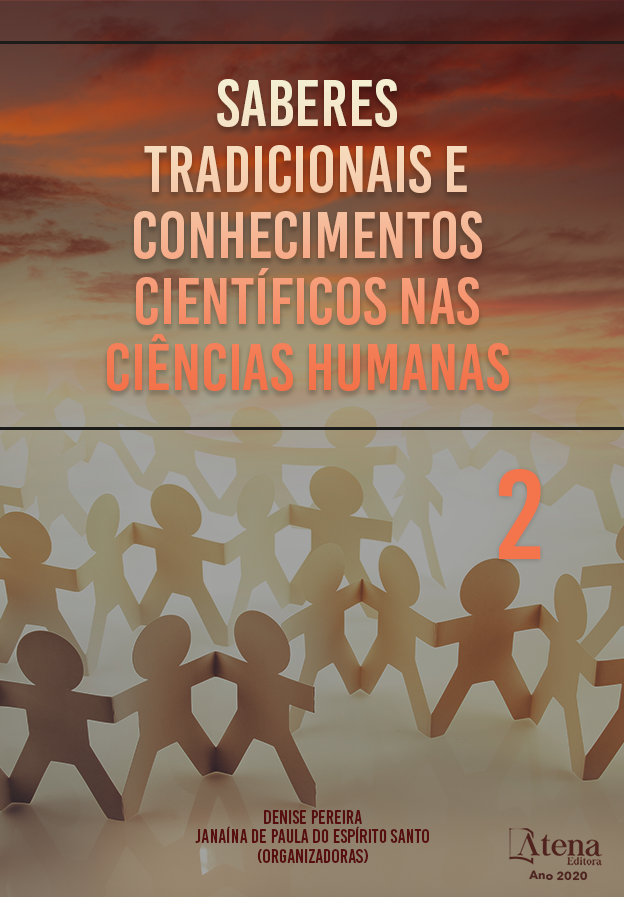
DO IMPRESSO AO DIGITAL: O USO DE NOVAS MÍDIAS PARA INFORMAR E ORIENTAR CONSUMIDORES
O objetivo principal deste trabalho é refletir sobre a produção de sentido(s) na cibercultura. Partimos do pressuposto de que no mundo digital em que vivemos pensar a distribuição de informações, a produção de saberes e o compartilhamento de conhecimentos implica refletir, também, em como as pessoas utilizam as novas mídias em seu quotidiano. A pesquisa investiga se e como as novas mídias, em especial as redes sociais digitais, podem ser utilizadas para promover a educação para o consumo, no contexto da educação online. Com suporte teórico em estudos da Educação, Comunicação, Linguagens e Cibercultura, a abordagem é qualitativa, compreendendo revisão bibliográfica; acompanhamento em etnografia virtual de casos e proposta de produção de mídia social que proporcione maior interatividade. Inicialmente, a pesquisa indica a falta de conhecimento do consumidor acerca de seus direitos, logo, de educação para o consumo eficiente. Aponta, também, para a não interatividade, o que permite inferir que o consumidor precisa contar com um processo de comunicação mais efetivo.
DO IMPRESSO AO DIGITAL: O USO DE NOVAS MÍDIAS PARA INFORMAR E ORIENTAR CONSUMIDORES
-
DOI: 10.22533/at.ed.1252020089
-
Palavras-chave: Cibercultura, educação online, educação para o consumo, produção de sentidos, mídias digitais.
-
Keywords: Cyberculture, online education, education for consumption, meaning making, social media.
-
Abstract:
This paper's main goal is to reflect about meaning making in cyberculture. We part from the idea that, in the digital world we lived, think of information distribution, knowledge production and sharing also implies a reflection about how people use new media in their daily lives. The research investigates whether and how new media, especially new digital social media, can be used to promote education to consumption in on-line education context. The theory is based on Education, Communication, Language and Cyberculture, and it has a qualitative approach, with bibliographic review, follow-up in virtual ethnography of cases and ethnographic social media purpose that provides greater interactivity. At first, research points to a lack of knowledge from the consumer about his rights, and therefore, a lack of education for an efficient consumption. It also points to a non-interactivity, which allows us to infer that the consumer needs to have access to a more effective communication process.
-
Número de páginas: 13
- LÚCIA HELENA VENDRÚSCULO POSSARI
- Solange de Fátima Wollenhaupt


